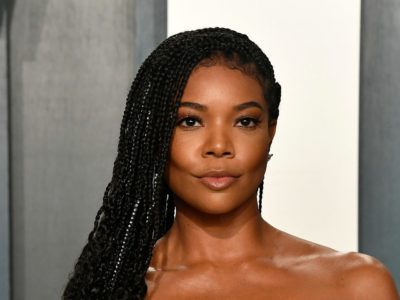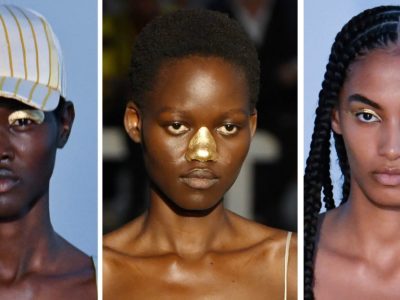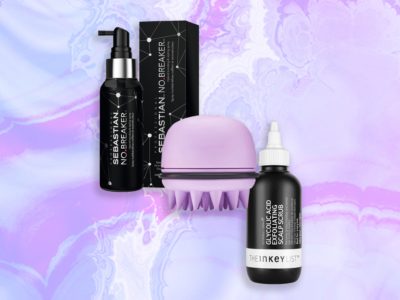
It’s difficult to imagine a time when American beauty enthusiasts couldn’t rattle off the names of 10 Korean brands faster than you can say “K-beauty.” But the reality is that less than a decade ago, it was rare to find a K-beauty product in an American cabinet. The sudden boom came thanks in large part to etailers like Glow Recipe, Soko Glam, and Peach & Lily — all of which began as e-commerce sites offering Korean exports — making K-beauty products readily available to U.S. consumers.
Rumore Beauty is poised to do the same for Russian products. Cofounder Maria Karr was born and raised in Russia, but moved to the United States nearly 15 years ago. She began a career in the beauty industry, during which time she observed brands from around the world — from Australia, Iceland, and, of course, Korea — become available to U.S. consumers. But Russian products were almost never part of the global beauty conversation — perhaps because not long ago, they were few and far between.
“When I left Russia back in 2007, the very few Russian-made products that were available were the living remnants of the Soviet past — think creams in plain aluminum tubes and harsh soaps, with not enough options or the appeal of modern beauty products,” says Karr.
But during a visit to Moscow in 2019, she visited local beauty stores and found a treasure trove of brands she knew people across the world would want. “I was looking at a very healthy variety of clean, natural beauty products that looked amazing, smelled great, and felt wonderful on the skin,” she says.
And, as you may have guessed, that’s how Rumore Beauty was born. Karr, along with her cofounder and husband Max, embarked on a mission to introduce these next-generation Russian beauty products to a wider audience. Since flying internationally wasn’t possible amid the pandemic, they continued scouting brands virtually, meeting with founders and analyzing ingredient lists, ensuring the products met their “natural” standard. (But as Karr acknowledges, this word remains murky throughout the industry; Allure has a “clean” standard of its own.)
Botanicals have long been at the heart of traditional Russian beauty. “A strong bond with nature is in our DNA,” says Anna Dycheva, CEO of Reed Exhibitions, the organizer of InterCharm — the largest beauty expo in Russia — and a board member of the Cosmetics and Perfumery Association of Russia. “Historically, the majority of Russian women didn’t have access to a variety of manufactured beauty products… therefore, many were turning to natural ingredients from forests, fields, and their own gardens, making homemade beauty remedies and health-boosting concoctions.” As Karr observed during that visit to Moscow, that tradition is reflected in the more-elegant options available today.
But that’s not to say Russian beauty products are stuck in the past. On the contrary, Karr has discovered new ingredients — including hydrolates, “much gentler relatives of essential oils that are made through the process of steam-distilling plants” — and product formats, like hydrophilic cleansing oils. “It’s a hybrid between a cleansing oil and a cleansing balm that emulsifies upon contact with water and helps with completely removing your makeup while nourishing and softening the skin,” she says.





